If you’ve taken a look at IELTS, you must have been told to avoid “very” at all cost in your IELTS Writing and IELTS Speaking. How true is it?
Can you use “very” in your IELTS Writing and, especially, Speaking?
This is maybe the most daunting question about IELTS vocabulary I’ve been asked. And you may have seen teachers and trainers telling you in a video to not use “very” at all because it is a low-level word, and it may reduce your vocabulary score.
But is it true? Yes, but only to a certain extent. The problem is not in the word itself. The problem is the repetitions in your answers, and in this case, we are talking about the repetition of the word “very”. So, you can absolutely use “very” in your Writing and Speaking answers but the key here is to NOT REPEATEDLY USE it.
How can you not repeatedly use “very”?
Two options: Learning new words and replacing “very” with something else.
Learn new words
We all know that instead of “very happy”, you can say “contented” or “over the moon”. Or do we? It would be a surprise to you that not everyone knows these words and phrases because they are, just like the reason you are avoiding “very happy”, not common words and phrases.
So, you will need to learn the words and phrases if you don’t know them yet. And I already talked sooooo much about learning new words because you may not be able to remember them after learning, let alone use them in your IELTS Writing and Speaking answers. I, of course, have an entire post about how to learn new words properly and you must check it out. Here it is.
And if you want to learn topic-focused vocabulary, this IELTS Vocabulary Collection is free.
But if you don’t want to learn a lot of new words and you don’t have much time to learn them, you can use what you already know to enhance your vocabulary bank and improve your vocabulary score (Lexical Resource) by using Adverbs of Degree.
Replace “very” with an Adverb of Degree
What are adverbs of degree?
As much as the name suggests, they are adverbs and they represent the degree of something (how much that something is). They support verbs and adjectives.
- Adverbs of Degree stand before or after a verb. E.g. She did well./She finely chopped the garlic.

- Adverbs of Degree stand before an adjective. E.g. The new variant of COVID-19 is extremely contagious.

- There are Adverbs of Degree by nature, such as very, quite, pretty.
- You can create Adverbs of Degree.
Why are Adverbs of Degree useful?
Firstly, Adverbs of Degree help you avoid repetitions of “Very”. Imagine yourself saying “very” all the time, it sounds like you don’t know anything else but “very” (although in real life, it is more useful).
The next thing is to show off your grammar; how to position adverbs in the sentences correctly is a part of upper-intermediate grammar.
Last but not least, remembering new words might not be feasible for you since you do not have much time to practice.
Note: Adverbs of Degree are everywhere in the IELTS exam.
- IELTS writing task 1 (Academic module): You have to write a graph report or a description for a map/process. In this case, Adverbs of Degree appear to be extremely helpful to express the extent of the changes, and of the differences.
- IELTS speaking: Adverbs of Degree help you express your emotions through the stresses on the adverbs.
- IELTS Listening: Sometimes, Adverbs of Degree are the keywords in reading and listening.
How to create adverbs of degree?
Just like creating any adverbs, you can add -ly at the end of most adjectives that represent the degree of something such as extreme, wonderful, crazy.
E.g., Extreme – Extremely; Crazy – Crazily; Wonderful – Wonderfully
There are, of course, exceptions, such as
- Hard – Hard
- Late – Late
- Fast – Fast
- Daily – Daily (Adjectives that end with – ly)
- Straight – Straight
- Good – Well
Note: Other types of adverbs don’t work, such as “happily hot” (happily isn’t an adverb of degree, it is an adverb created from an adjective about feelings and emotions).
How to replace “very” with adverbs of degree?
Keep in mind that “very” itself is an Adverbs of Degree, so you can simply replace it with other Adverbs of Degree. For example: very hot – extremely hot; very beautiful – absolutely beautiful.
It is, of course, recommended that you should improve your vocabulary as much as you can but sometimes it is difficult to learn new words. Using Adverbs of Degree not only helps you reduce the stress of learning more words but also proves that you are proficient in grammar (adv and adj). That’s killing two birds with one stone.
Check out which Practice9’s services fit you and your needs the most here.
Feel free to contact us for better guidance on your IELTS journey.
Don’t waste your time on IELTS! You can get it this time.
Have fun learning!


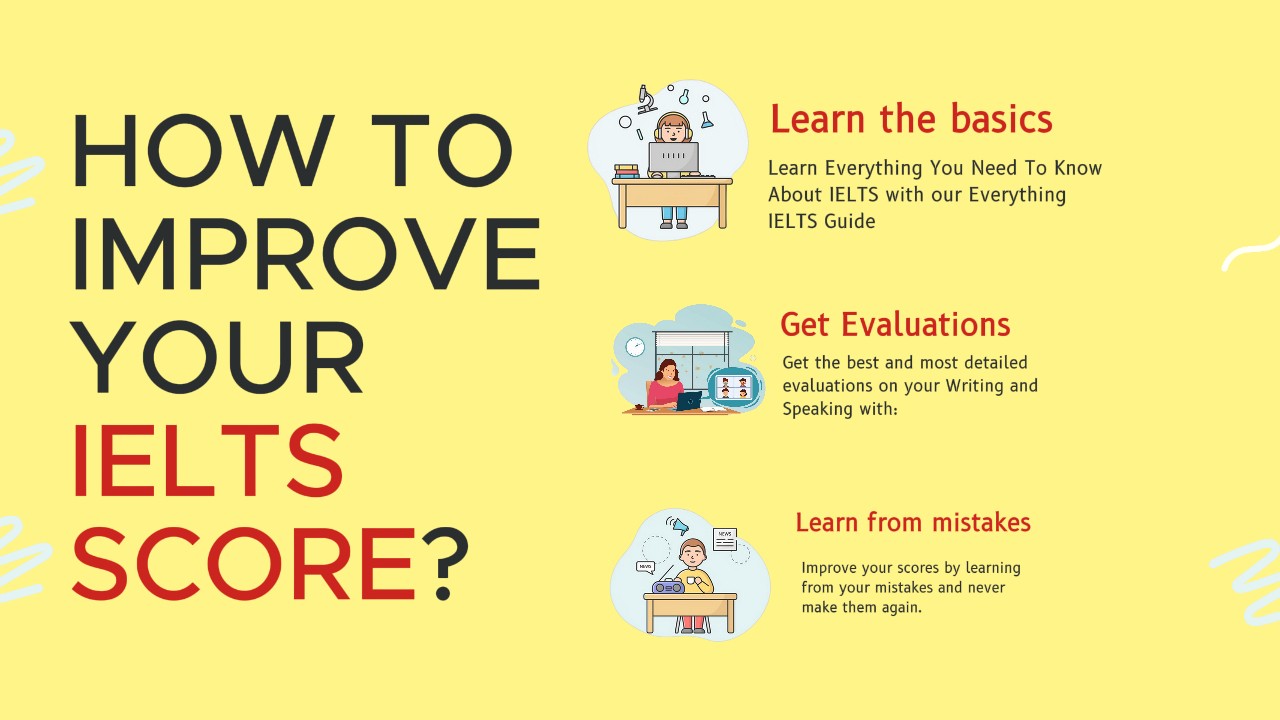
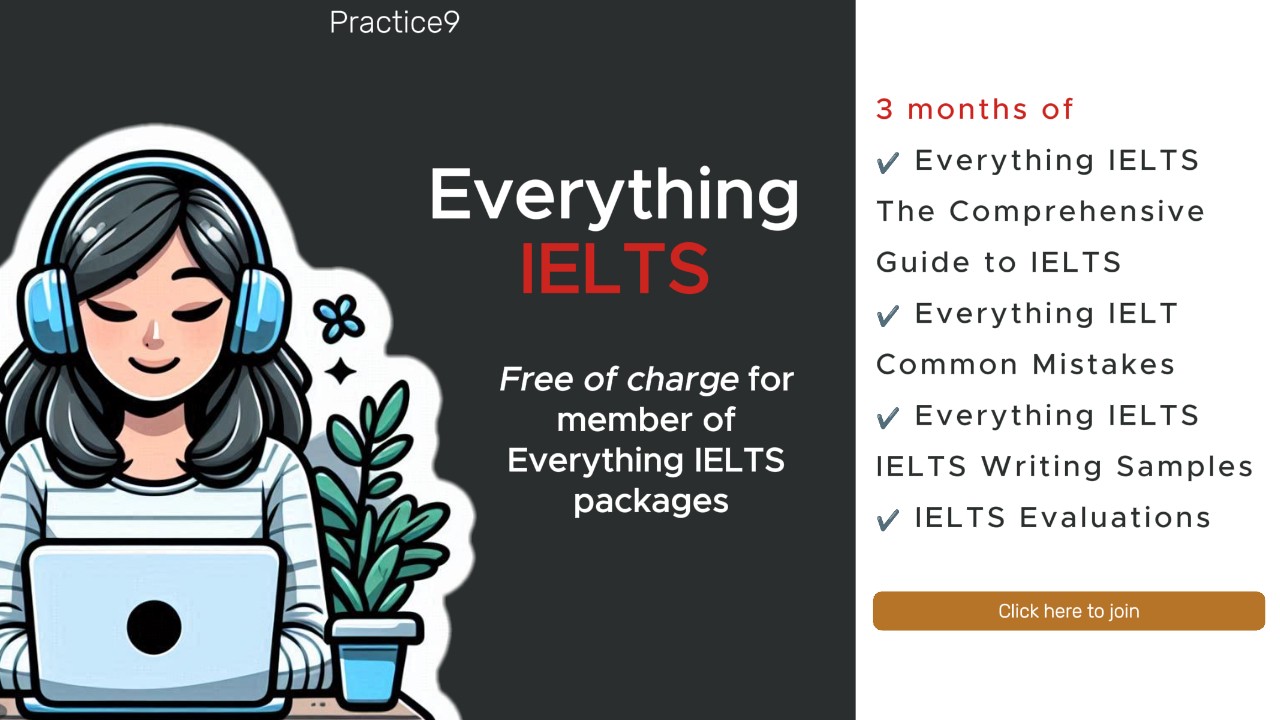
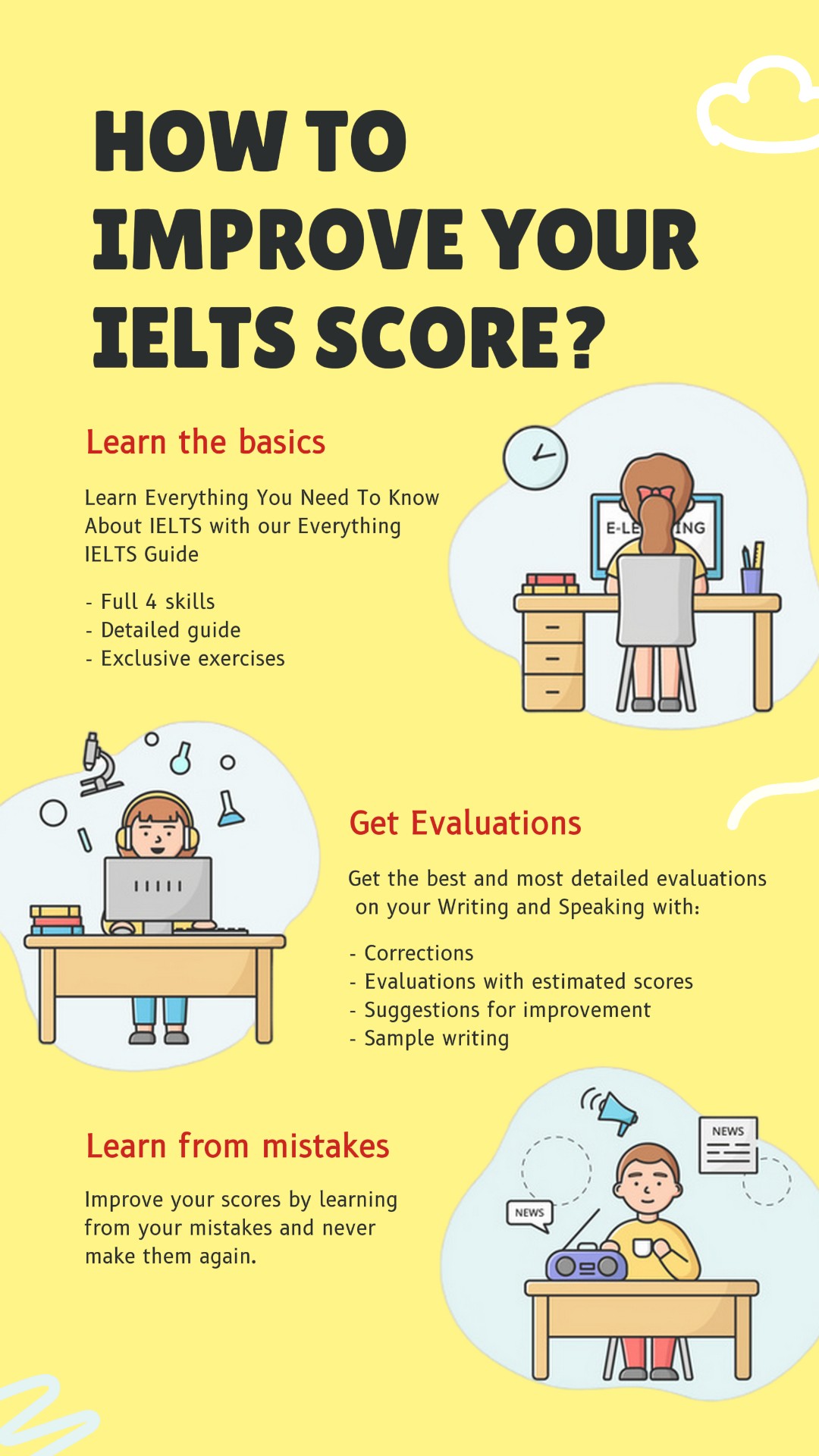


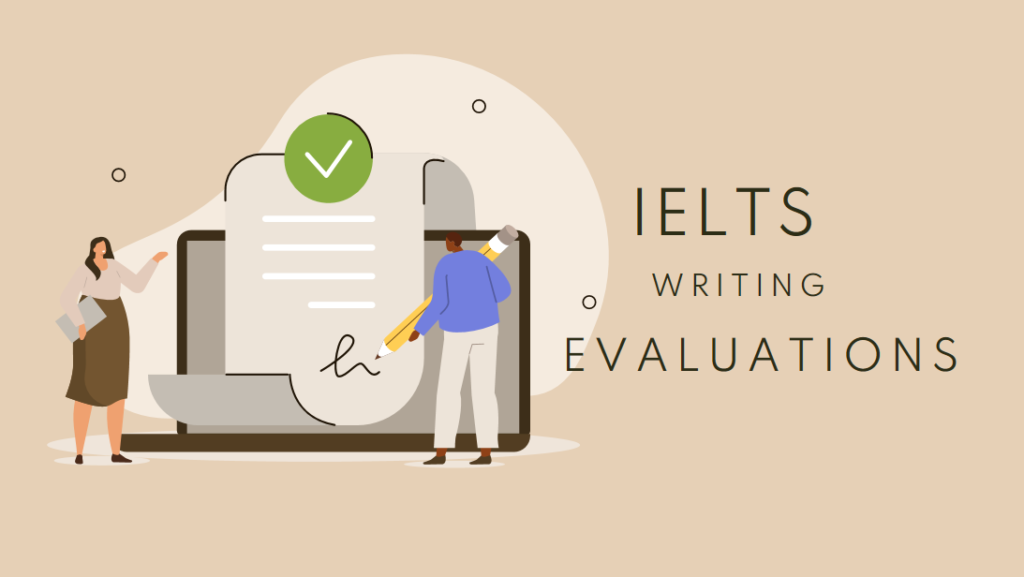
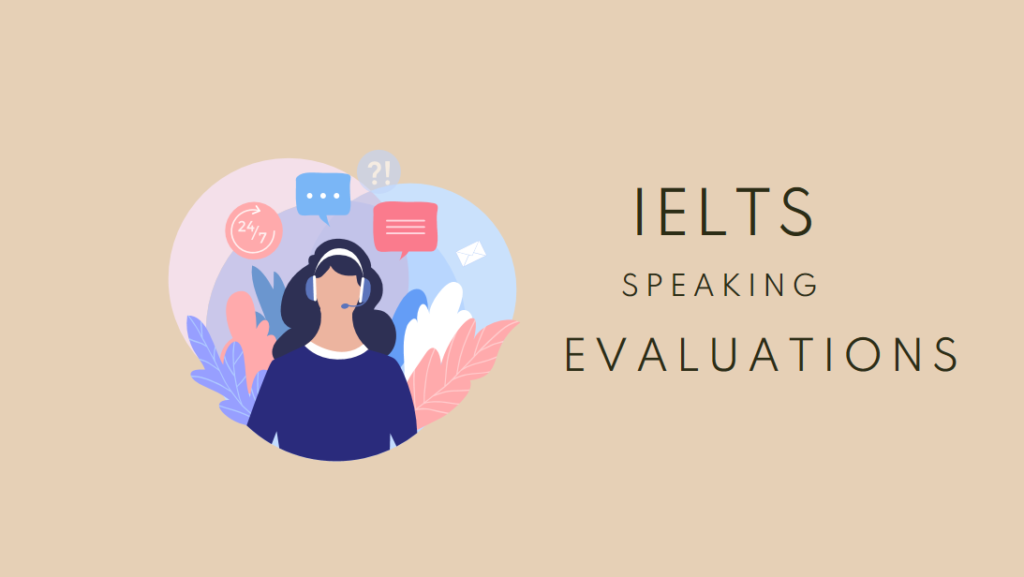





Responses